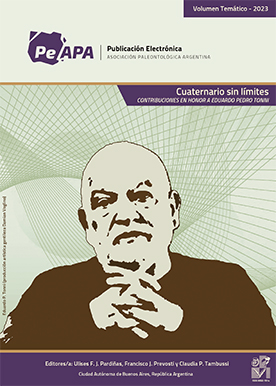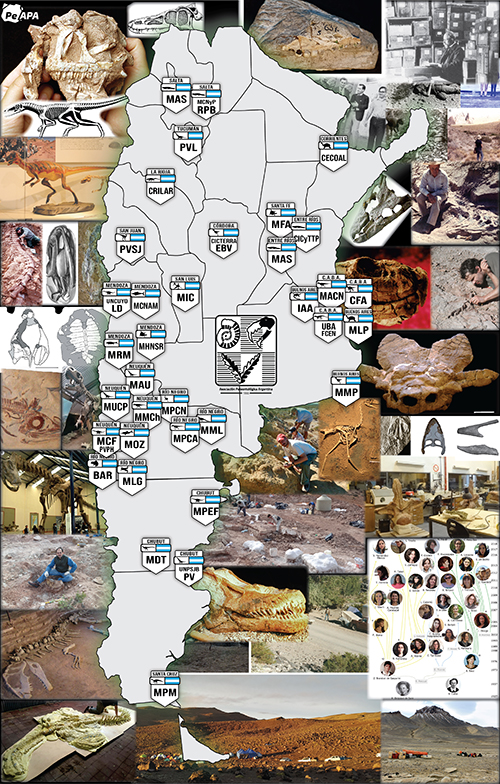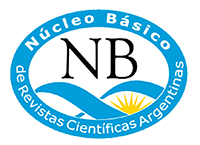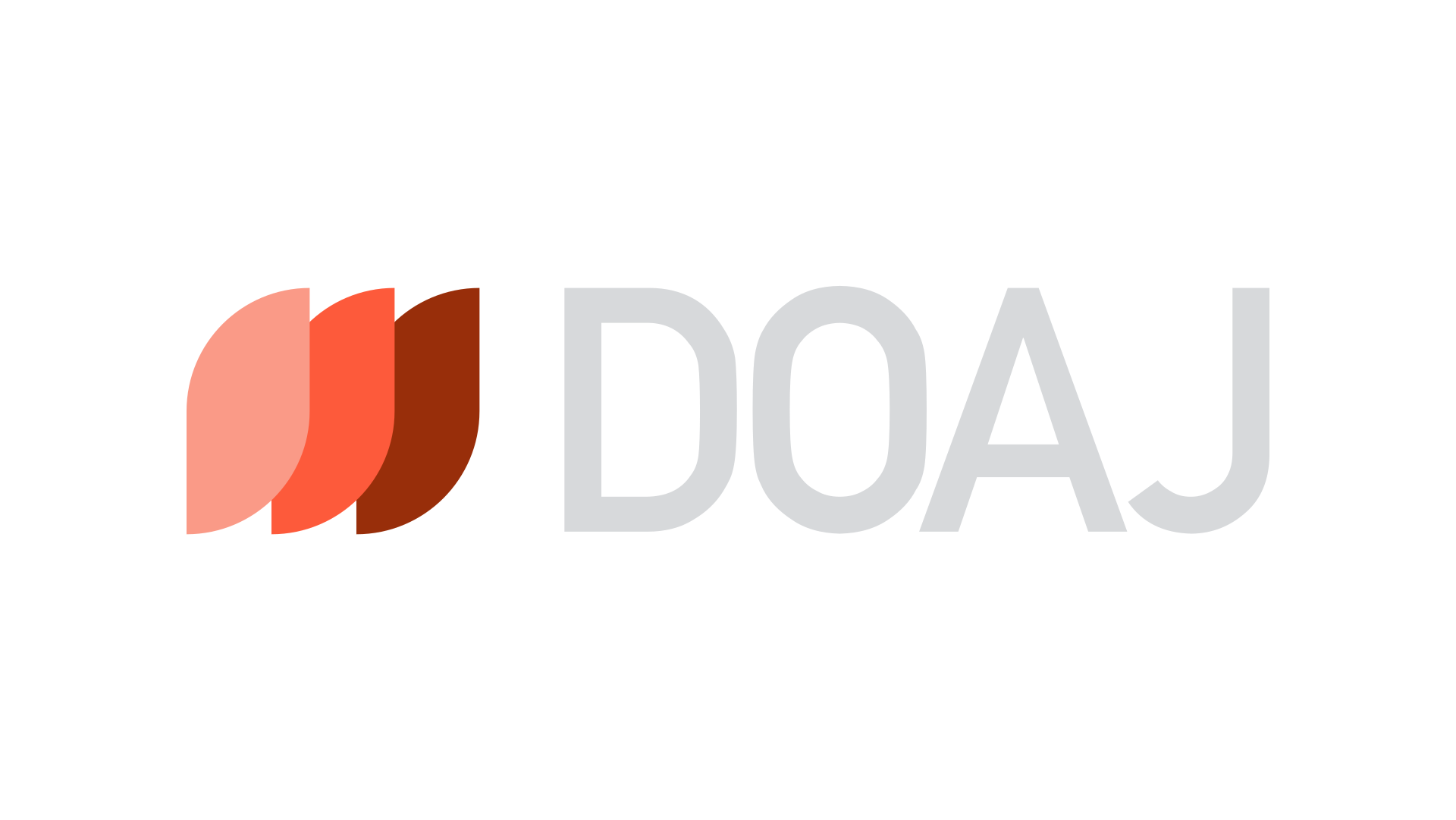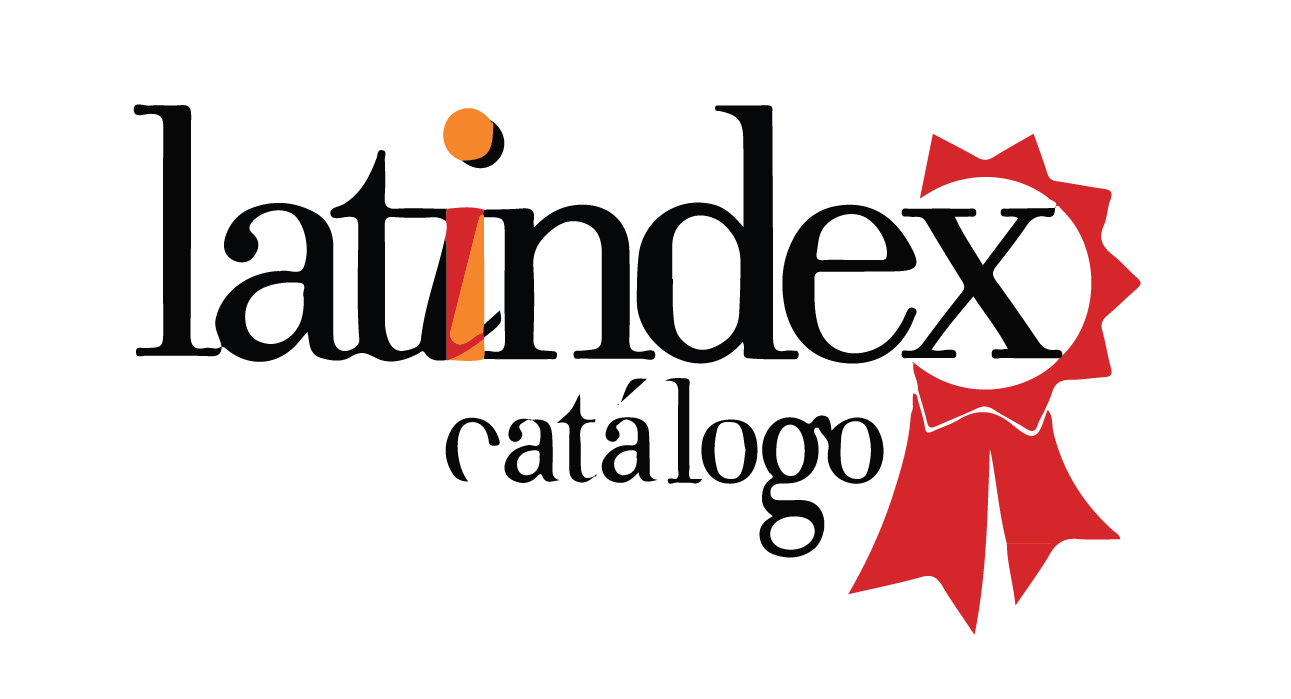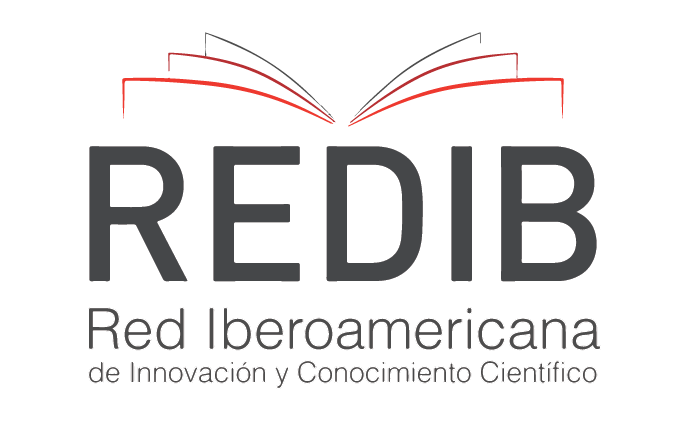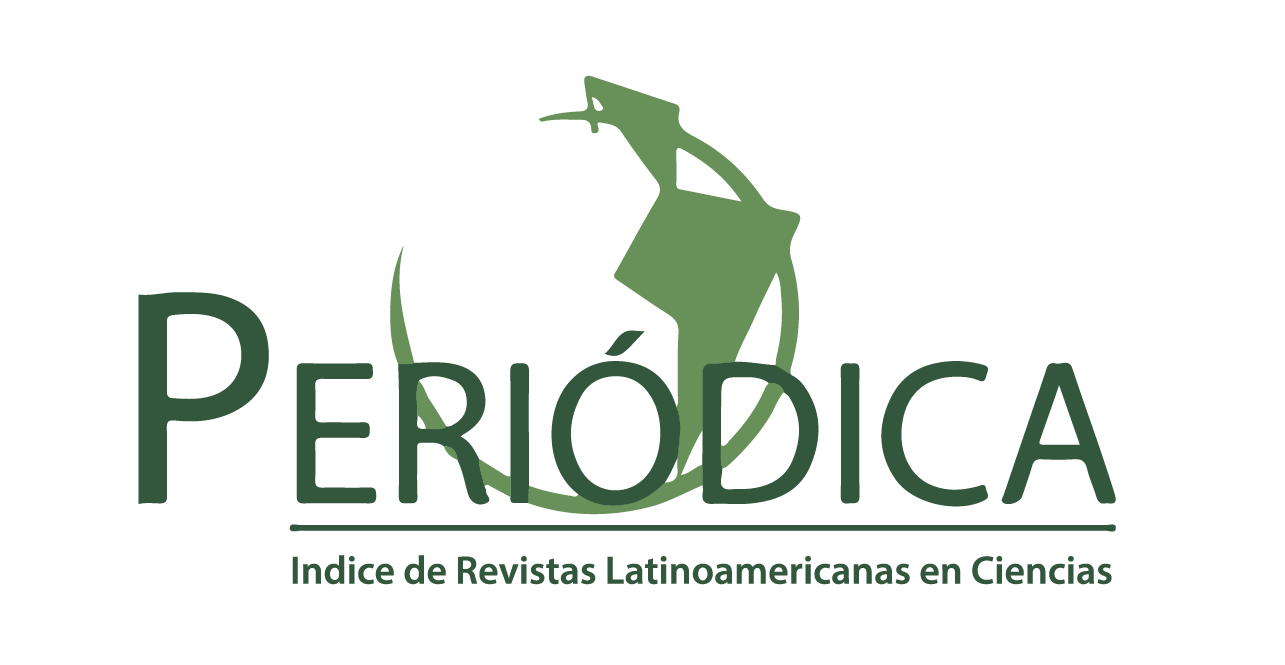Code of Ethics
CODE OF ETHICS AND MALPRACTICE IN PUBLICATION
The Asociación Paleontológica Argentina (APA), as the responsible publisher of Publicación Electrónica de la APA (PE-APA), stands by the following Code of Ethics and Malpractice in Publication. The following Code is based on the Committee on Publication Ethics COPE's Best Practice Guidelines; https://publicationethics.org, adapted and enhanced based on the needs of the APA, our Constitution and our proper Manual of Ethics and Best Practices. It is expected of authors, reviewers, and editors to follow these guidelines on ethical behavior.
Editors
The Editor-in-Chief of each journal has full authority over the entire content of the journal and is responsible for it. Journals of APA follow a single-blind double peer review process. The editors will ensure that all manuscripts considered for publication will undergo this process after a preliminary revision of scope, content, and format by the Editor-in-chief.
The Editorial Board decides which manuscripts will be published based on the journal scope, the reviewers’ comments, the clarity and originality of the work, the study's validity, and its scientific relevance. Editors have the following duties:
- Editorial independence: decisions to edit and publish are not determined by the policies of governments, publishers, or any other agency outside the journal itself; commercial considerations must never compromise intellectual standards.
- Fair play: editorial decisions should be based exclusively on the academic merit of the manuscript and its relevance to the journal’s scope, without regard to the authors’ race, gender, sexual orientation, ethnic origin, citizenship, religious belief, political philosophy, or institutional affiliation, as indicated in our Manual of Ethics and Best Practices.
- Confidentiality: The editorial board must not disclose any information about a submitted manuscript to anyone other than the corresponding author, reviewers, potential reviewers, other editorial advisers, and the publisher, as appropriate; the journals of APA do not disclose reviewers’ identities unless requested by them.
- Disclosure: The editorial board will not use unpublished information disclosed in a submitted manuscript for their research purposes without the authors’ explicit written consent.
- Conflicts of interest: Editors will recuse themselves from considering manuscripts in which they have conflicts of interest arising from competitive, collaborative, or any other kind of relationships with any of the authors connected to the papers; should this occur, they will ask another member of the editorial board to handle the manuscript. Authors may include recusation of potential reviewers when submitting a manuscript. Recused reviewers shall not be invited by the Editorial board.
- Manual of Ethics and Best Practices of the APA: The editorial board of the APA journals must follow the Manual of Ethics and Best Practices of the APA.
Reviewers
Journals of APA follow a single-blind double peer review process. APA regards peer review activity as an essential part of the scholarly process, and researchers are expected to contribute to this process by aiding in reviewing. Reviewers assist editors in making editorial decisions and, through editorial communications with authors, may assist them in improving their manuscripts.
Reviewers have the following duties:
- Qualification: Any reviewer who feels unqualified to review the research reported in a manuscript should be excused from reviewing so that alternative reviewers can be contacted.
- Promptness: Reviews are expected to be prompt; any invited reviewer who feels that the review will be impossible in the time requested by the editors should notify them and excuse them from reviewing so that alternative reviewers can be contacted.
- Objectivity: Reviews should be conducted objectively; observations should be formulated clearly with supporting arguments and relevant citations when required, and should help authors to improve the manuscript; personal criticism of the authors and offensive remarks will not be accepted.
- Confidentiality: All manuscripts received for review must be treated as confidential documents; they will not be shown to or discussed with others except if authorized by the Editor-in-Chief; this applies also to invited reviewers who decline the review invitation.
- Acknowledgment of sources: Reviewers should call attention to published work that has been overlooked by the authors and to any statement that requires some relevant citation; reviewers should also notify the editors of any substantial similarity or overlap between the manuscript under consideration and any other manuscript (published or unpublished) of which they have personal knowledge.
- Disclosure: Reviewers will not use unpublished information disclosed in a submitted manuscript for their research purposes without the authors’ explicit written consent; privileged information or ideas obtained by reviewers due to handling the manuscript will be kept confidential and not used for their advantage.
- Conflicts of interest: Reviewers will recuse themselves from considering manuscripts in which they have conflicts of interest arising from competitive, collaborative, or other relationships with any of the authors connected to the papers.
- Manual of Ethics and Best Practices of the APA: The invited reviewers in the APA journals must follow the Manual of Ethics and Best Practices of the APA.
Authors
Authorship should be limited to those who have made significant contributions to the conception, design, execution, data acquisition, or interpretation of the study, have drafted the manuscript or revised it critically for important intellectual content, and have seen and approved the final version of the paper and agreed to its submission for publication. All authors in the manuscript must be able to take public responsibility for the content. All those who have participated in certain substantive aspects of the research project (such as technical help, writing and editing assistance, and general support) but do not meet the criteria for authorship should be acknowledged in the "Acknowledgments" section. The corresponding author should ensure that all appropriate co-authors (according to the above definition) and no inappropriate co-authors are included in the author list and should verify that all co-authors have seen and approved the final version of the manuscript and agreed to its submission for publication. Authors are expected to consider carefully the list and order of authors before submitting their manuscript and provide the definitive list of authors at the time of the original submission. Any change in authorship should be made only before the manuscript has been accepted and only if approved by the Editor-in-chief. Authors warrant that the article does not infringe upon any copyright, contains no libelous or otherwise unlawful statements, and does not otherwise infringe on the rights of others. Authors transfer the copyright for their article to the APA (signing the copyright form, when this is necessary according to Open Access policies) and license it the right to distribute the article.
Authors have the following duties:
- Originality: Authors must declare that they have written and submitted only an original manuscript that has not been published, accepted for publication, nor is under editorial review for publication elsewhere; papers describing the same research should not be published in more than one journal or primary publication; all the work and/or words of other authors should be duly cited; plagiarism in all its forms constitutes unethical publishing behavior and is unacceptable.
- Reporting standards: Authors of original research should present an accurate account of the underlying data, the work performed, and the results obtained, followed by an objective discussion of their significance; manuscripts should contain sufficient detail and references to permit others to replicate the work; review articles should be accurate, objective and comprehensive, while editorial 'opinion' or perspective pieces should be identified as such; fraudulent or knowingly inaccurate statements constitute unethical behavior and are unacceptable.
- Data access and retention: Authors may be asked to provide the data required to reproduce the results of their study together with the manuscript for editorial review. They should be prepared to make the data publicly available if practicable.
- Acknowledgment of sources: Authors should ensure that they have properly acknowledged the work of others and should also cite publications that have been influential in determining the nature of the reported work; information obtained privately (from a conversation, correspondence, or discussion with third parties) must not be used or reported without explicit, written permission from the source; authors should not use information obtained in the course of providing confidential services, such as manuscript reviewing unless they have obtained the explicit written permission of the author(s) of the work involved in these services.
- Peer review: Authors are obliged to participate in the peer review process and cooperate fully by responding promptly to editors’ requests for raw data and clarifications; in the case of a first decision of minor or major changes needed, authors should respond to the reviewers’ comments systematically, point by point, and on time, revising and re-submitting their manuscript to the journal by the deadline given.
- Hazards: If the work involves chemicals, procedures, or equipment with any unusual hazards inherent in their use, the author must identify these in the manuscript.
- Protection and preservation of paleontological and archaeological heritage: All studied material –type material, other described or illustrated material, and comparative reference material– must be permanently housed in an appropriate institution having appropriate facilities and staff to ensure permanent preservation of the material and its availability for future study, as recommended by the appropriate Code of Nomenclature. Catalog numbers of the reported materials should be provided in the publication, as should reference material used for isotopic dating or other study; authors should consider that, to the best of their knowledge, materials described in manuscripts submitted to the journals of APA must have been collected and deposited in collections in accordance to the corresponding paleontological heritage legislation. Researchers working on Argentinean material are reminded to act in accordance with National Law 25743/03 "Protección del Patrimonio Arqueológico y Paleontológico" and the respective provincial laws (for more information, please contact https://www.apaleontologica.org.ar/legislacion/). Following Article 2 of the Constitution of the APA, all participants in paleontology must respect national and provincial heritage laws.
- Conflicts of interest: All sources of financial support for the project should be disclosed, and any conflict of interest that might be considered to influence the results or interpretation of their research should be expressed in the manuscript.
- Any copyrighted image must be properly accredited in the caption. Authors should avoid depicting people in figures. Figures depicting people will not be published unless advised by the editorial board (e.g., obituaries). APA journals are committed to complying with international and national human rights recommendations.
- Manual of Ethics and Best Practices of the APA: Authors in the APA journals must follow the Manual of Ethics and Best Practices of the APA.
Fundamental errors in published works
When readers, authors, or editors point out genuine, honest errors, which do not render the work invalid, a correction or erratum will be published as soon as possible. The paper’s online version may be corrected with a date of correction and a link to the printed erratum.
If the error renders the work or substantial parts of it invalid, the paper should be retracted with an explanation for retraction. Retracted papers will be retained online and t prominently marked as a retraction in all online versions, including the PDF, for the benefit of future readers.
The author must promptly cooperate with the editors or the publisher to correct the paper in the form of an erratum or retract it.
Handling unethical publishing behavior and ensuring the integrity of the published record
Reviewers: The APA will take seriously inappropriate conduct by reviewers, as well as any allegations of breach of confidentiality, failure to declare conflicts of interest (financial or non-financial), inappropriate use of confidential material, or delayed peer review to gain a competitive advantage. Reports of serious misconduct by the reviewer, as well as plagiarism, will be taken up at the institutional level. Section 2 of the Manual of Ethics and Best Practices of the APA will be taken into consideration.
Authors: The APA, together with the corresponding journal management and directors, will take reasonable measures to identify and prevent the publication of works in which misconduct by their authors is observed, and in no case will tolerate intentional misconduct. To achieve this, the Manual of Ethics and Best Practices of the APA (section 2) will be taken into consideration.
In the face of allegations of publication misconduct raised by readers, reviewers, or editors, the APA together with the editor-in-chief will take all appropriate measures to clarify the situation and to amend the article in question. The Editor-in-chief will initially contact the authors and allow them to respond to the concerns. If that response is unsatisfactory, the APA will take this to the institutional level. The Editorial Board will assess cases of possible plagiarism or duplicate/redundant publication. The APA may retract a paper if the Editorial Board is convinced that serious misconduct has happened.
Access to journal content
Articles published in PE-APA are freely available via the official webpage of the journal. The APA is committed to the permanent availability and preservation of scholarly research published in its journals by maintaining its digital archive. Articles published PE-APA after 2015 are archived and freely available in The Internet Archive.







